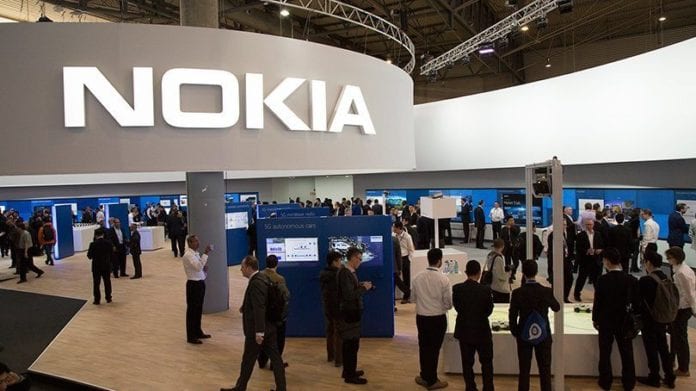Nokia will deploy 300,000 radio units across several spectrum bands
Nokia has secured a $1 billion (nearly ₹7,636 crore) deal with India’s Bharti Airtel to supply its Single Radio Access Network (SRAN) solution across nine geographic regions in India.
In a process that is expected to be completed by 2022, Nokia will deploy 300,000 radio units across several of the carrier’s spectrum bands. In addition, Nokia will provide its RAN equipment, including its AirScale Radio Access, AirScale BaseBand and NetAct OSS solution. National regulators have divided India into 22 geographic “circles” for purposes of telecom maps; Nokia’s equipment will be used in nine of those circles.
“The rollout, which will also lay the foundation for providing 5G connectivity in the future, will see approximately 300,000 radio units deployed across several spectrum bands, including 900 MHz, 1800 MHz, 2100 MHz and 2300 MHz,” Bharti Airtel further clarified in a statement.
Currently the second-largest telecommunications market in the world, India is predicted to reach 920 million unique mobile customers by 2025. Further, the GSMA expects that number to include 88 million 5G connections. Last year alone, Nokia’s MBiT Index 2020 estimated a traffic increase of 47%.
This massive increase in data demands has forced the country’s telecoms providers to search for solutions that increase network capacity without sacrificing service quality for customers.
Nokia’s SRAN solution promises to do just that. In a statement, Rajeev Suri, Nokia president and CEO, said the agreement “solidifies” the equipment provider’s position in India and will “enhance [Bharti Airtel’s] current networks [and] lay the foundations for 5G services in the future.”
This deal comes at the perfect time for Nokia, who missed out on two major 5G deals in China this month as interest in domestic vendors is on the rise. Most recently, China Unicom and China Telecom announced that the suppliers for their joint SA 5G network will be three Chinese vendors — Huawei, ZTA and Datang Mobile Communications — and Swedish firm Ericsson.
According to Mobile World Live, China Unicom and China Telecom handed out $25.9 billion of contracts relating to the deployment of their standalone 5G network, none of which was seen by Nokia. And earlier this month, Nokia missed out on a China Mobile contract that ultimately went to Huawei, ZTE and Ericsson.

